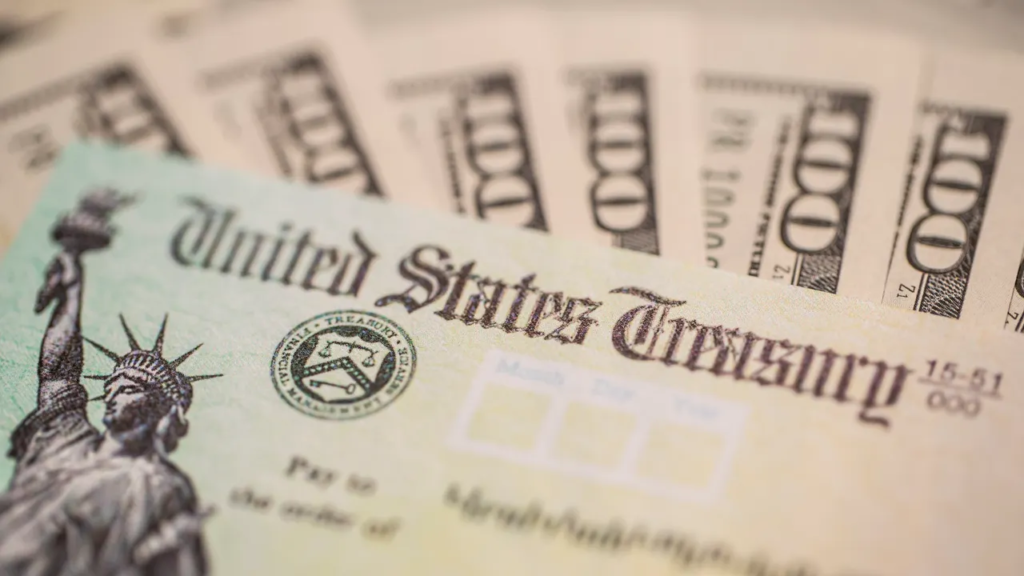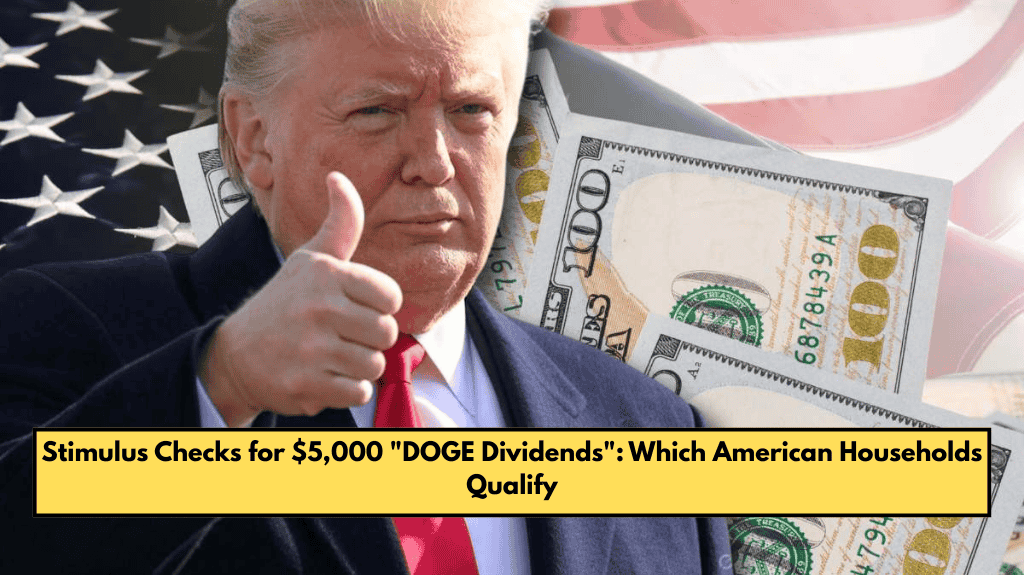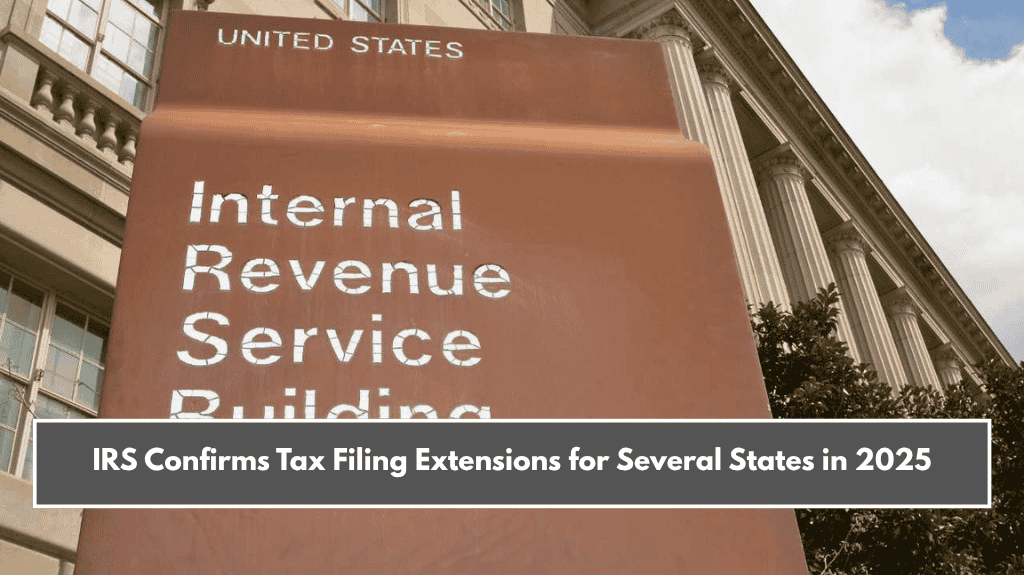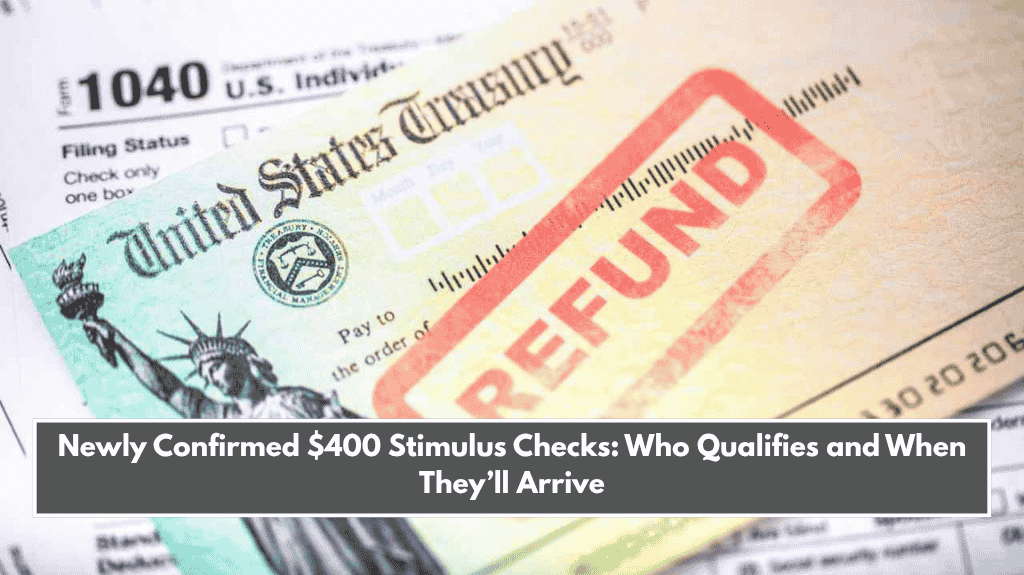The idea of “DOGE dividends” — one-time payments of $5,000 to American households — has sparked significant speculation, especially since it was first leaked.
Although high-profile figures like Elon Musk, Secretary of the newly formed Department of Government Efficiency (DOGE), and former President Donald Trump have shown interest in the proposal, the initiative is still shrouded in mystery, with no official confirmation about its feasibility. Here’s what we know so far and the challenges the plan faces to become a reality.
What Are DOGE Dividends?
The DOGE dividends proposal was introduced by James Fishback, CEO of the investment firm Azoria, in February 2025. Fishback suggested that 20% of the savings generated by the Department of Government Efficiency (DOGE), a department created under Trump’s administration to reduce federal spending, could be distributed back to taxpayers in the form of stimulus checks.
According to Fishback, these payments would amount to $5,000 per qualifying household. The idea gained traction when Elon Musk, a key figure associated with DOGE, responded to the proposal on X (formerly Twitter) by saying, “I will check with the president,” while Trump himself mentioned that he would “explore” the possibility of using some of the savings for citizen payouts at a rally in Florida.
How Would the $5,000 Payments Be Funded?
The funding for these $5,000 checks would come from the savings DOGE achieves by reducing federal spending. Fishback has stated that if DOGE manages to save $2 trillion, about $2.4 trillion could be allocated for these rebates, allowing for the $5,000 payout per household.
However, Fishback added a crucial condition: the payments would only go to those who pay federal taxes, excluding people who receive more benefits than they contribute.
This limitation is designed to prevent the inflationary effects that were seen with pandemic stimulus checks. The idea is that the funds for DOGE dividends would come from spending cuts, not increasing the national debt, which aims to avoid inflationary pressures.

What Obstacles Does the Proposal Face?
While the proposal has garnered interest from Musk and Trump, it faces several challenges that make its implementation unclear:
- Federal Debt: The United States is facing a $36 trillion federal debt, and as Speaker Mike Johnson warned, it would be irresponsible to add more financial burdens without addressing this massive debt.
- Inflationary Risks: Economists, including Judge Glock, have raised concerns about the inflationary risks of distributing large sums of money, especially given the historical impact of pandemic-era stimulus checks, which were linked to inflationary jumps in the economy.
- Lack of Authority: DOGE currently has no authority to issue payments. Any distribution of funds would need to be approved by Congress, which is heavily focused on reducing the deficit and is unlikely to support large-scale payouts without addressing long-term fiscal sustainability.
Support and Political Reality
While Musk and Trump have expressed some level of support for the concept, it faces a lack of institutional backing. For example, Congress would need to approve any direct payments, and both Republicans and Democrats prioritize reducing the federal deficit. The proposal’s future depends on whether DOGE can achieve significant federal spending cuts and if there is a shift in Congressional attitudes toward direct payments.
As it stands, the idea of DOGE dividends seems to be more of a rhetorical tool rather than a feasible policy. Political disagreements, economic risks, and insufficient savings have made it difficult for the proposal to move forward. Unless DOGE can achieve unprecedented savings and Congress becomes more amenable to the idea, these $5,000 checks remain a speculative proposal with no clear path to realization.
While the DOGE dividends concept presents a bold idea for distributing $5,000 payments to American households, its future remains uncertain. The proposal would rely on massive federal savings, and the economic risks, lack of Congressional authority, and the overwhelming federal debt present significant hurdles. Until these issues are addressed, the idea of $5,000 checks from DOGE remains a puzzle that is unlikely to become a reality anytime soon.















